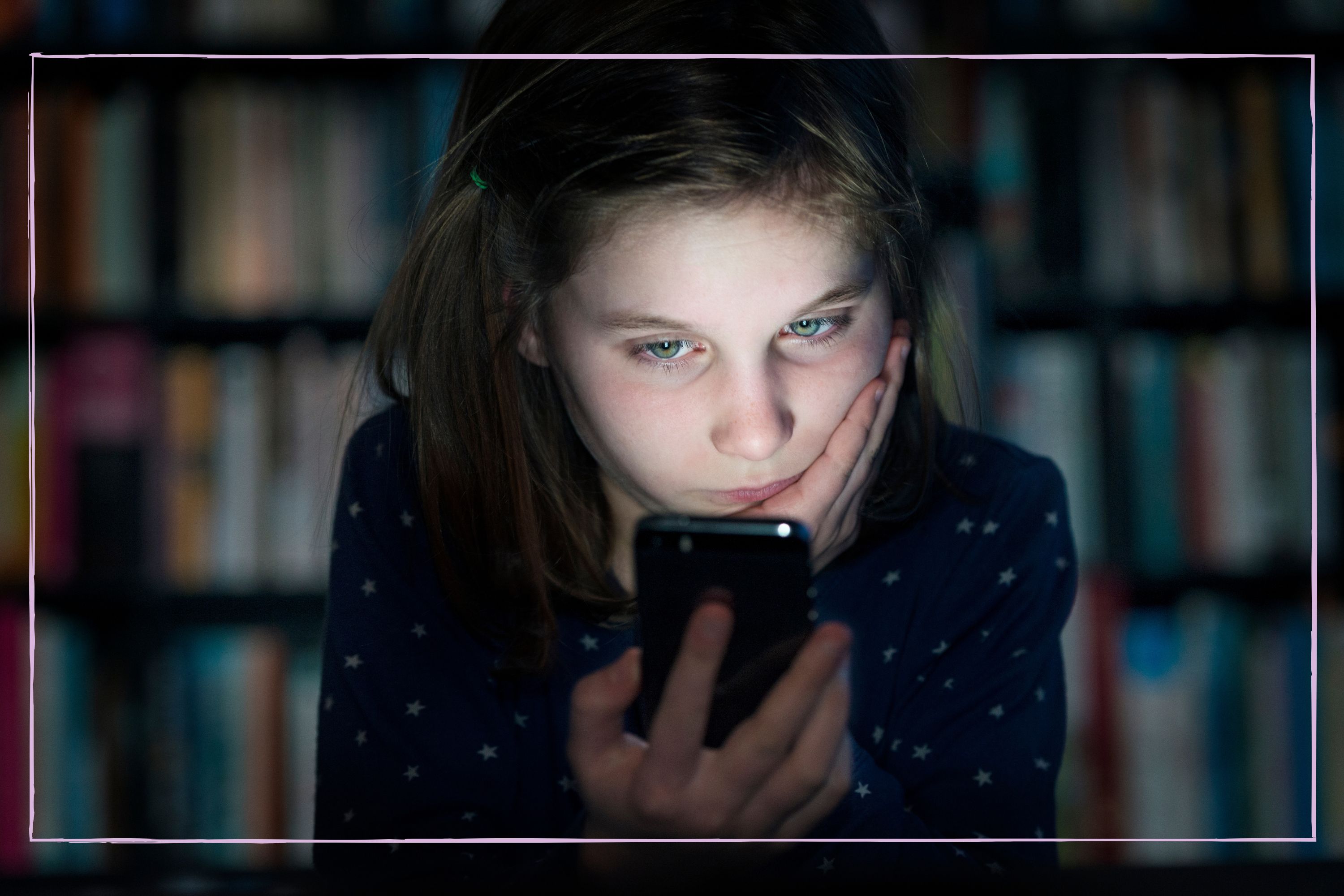“Violent content has become a normal part of children’s online lives” says Ofcom, as they push for new online safety measures
Exposure to violence online can have 'devastating mental and emotional consequences for young people'

New research by media watchdog Ofcom has revealed that young children in the UK are now 'unavoidably' exposed to violent content online, with it being 'inevitable' that they will come across harmful content every time they go online.
Social media; can't live with it, can't live without it. Keeping kids safe online and wondering how to reduce kids' screen time are among the biggest parenting struggles today. These are worries that the previous generation of parents didn't have to think, about and navigating the issue is made all the more difficult for the fact that we, as well as experts, don't fully understand the dangers yet.
As more and more research comes out about the dangers online for kids today, the picture grows ever more bleak. It was previously found that it takes just 10 minutes for a child to come across ‘unsafe, age-restricted and illegal content’ online. And now media watchdog Ofcom has added to that data, taking it one step further by revealing that it is 'inevitable' that kids will see violent content every time they go online.
In shocking news, every single child interviewed in the Ofcom study said they had watched violent material on the internet. This included videos of street fights shared in group chats with friends, extreme graphic violence including gang-related content, and animal cruelty.
Speaking about the findings, Gill Whitehead, Ofcom’s online safety group director, said, “Children should not feel that seriously harmful content – including material depicting violence or promoting self-injury – is an inevitable or unavoidable part of their lives online.
“Today’s research sends a powerful message to tech firms that now is the time to act so they’re ready to meet their child protection duties under new online safety laws. Later this spring, we’ll consult on how we expect the industry to make sure that children can enjoy an age-appropriate, safer online experience.”
Adding to the shock, Ofcom also found that many children were exposed to this violent content when they were still in primary school, saying most often that they had come across it on private accounts across Snapchat and Instagram as well as in group chats on WhatsApp.
GoodtoKnow Newsletter
Parenting advice, hot topics, best buys and family finance tips delivered straight to your inbox.
“There’s peer pressure to pretend it’s funny,” the report shares that one 11-year-old girl said. “You feel uncomfortable on the inside, but pretend it’s funny on the outside.”
Of the older children surveyed, many had 'become desensitised to the violent content they were encountering,' the report shares. This fact, Ofcom believes, is of particular concern as violent content online may be normalising violence offline and even making it seem 'funny' to some kids who said they even laugh and joke about serious violence between friends.
The research was conducted by the Family, Kids and Youth agency as part of Ofcom’s preparation for the Online Safety Act, which was passed last year. The legislation gave Ofcom new powers to punish social networks that fail to protect users, particularly children.
Commenting on the dramatic data, Rani Govender, a senior policy officer for child safety online, told The Guardian, “It is deeply concerning that children are telling us that being unintentionally exposed to violent content has become a normal part of their online lives.
“It is unacceptable that algorithms are continuing to push out harmful content that we know can have devastating mental and emotional consequences for young people.”
In response, a Snapchat spokesperson highlighted their in-app reporting tools and urged children who come across violent content on their app to report it so they can remove any harmful videos. “There is absolutely no place for violent content or threatening behaviour on Snapchat. When we find this type of content, we move quickly to remove it and take appropriate action on the offending account," they told The GuaWhatsApprdian. Instagram and Meta, who own Whatsapp, haven't commented on the data.
For more advice read our 7 clever Internet safety tips written for kids, by kids - and discover how too much screen time can affect child development.
Charlie Elizabeth Culverhouse is a news writer for Goodtoknow, specialising in family content. She began her freelance journalism career after graduating from Nottingham Trent University with an MA in Magazine Journalism, receiving an NCTJ diploma, and earning a First Class BA (Hons) in Journalism at the British and Irish Modern Music Institute. She has also worked with BBC Good Food and The Independent.